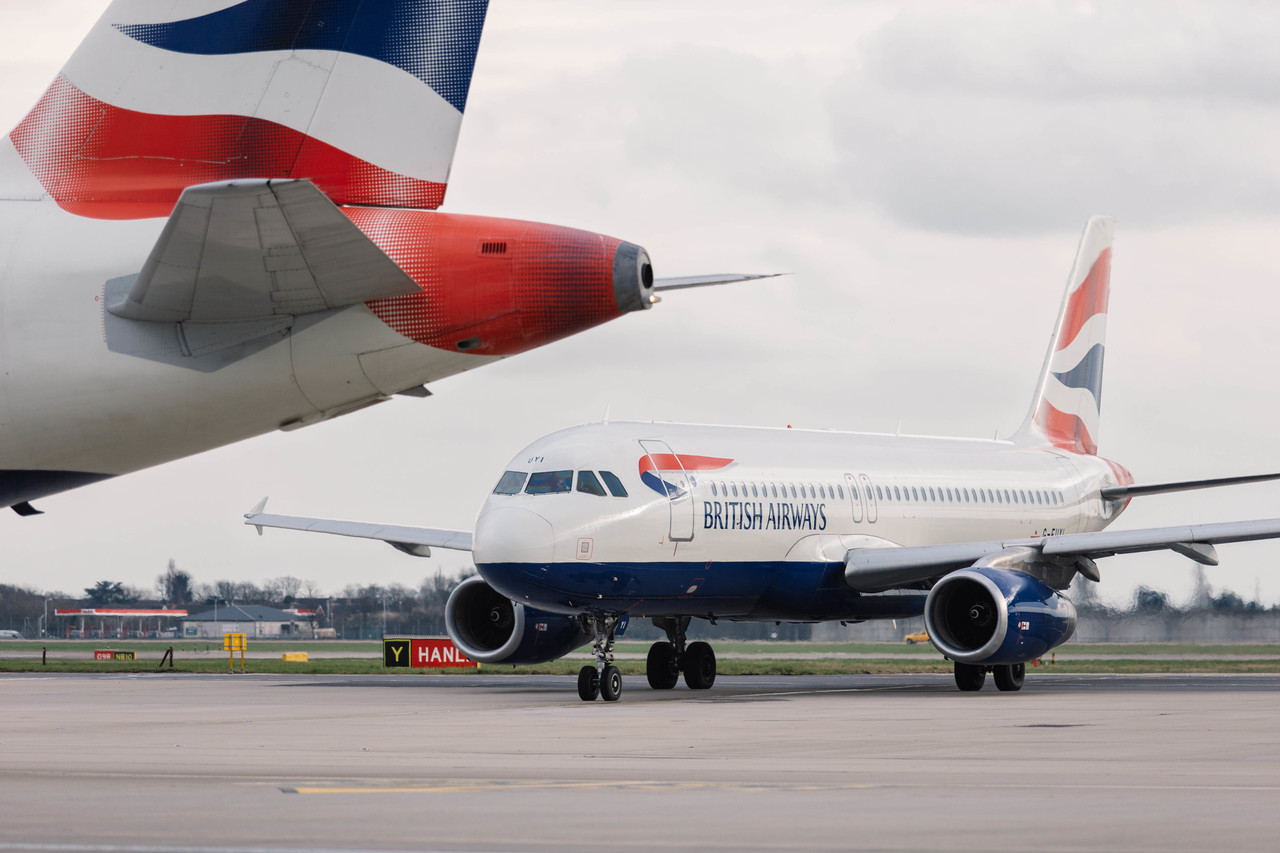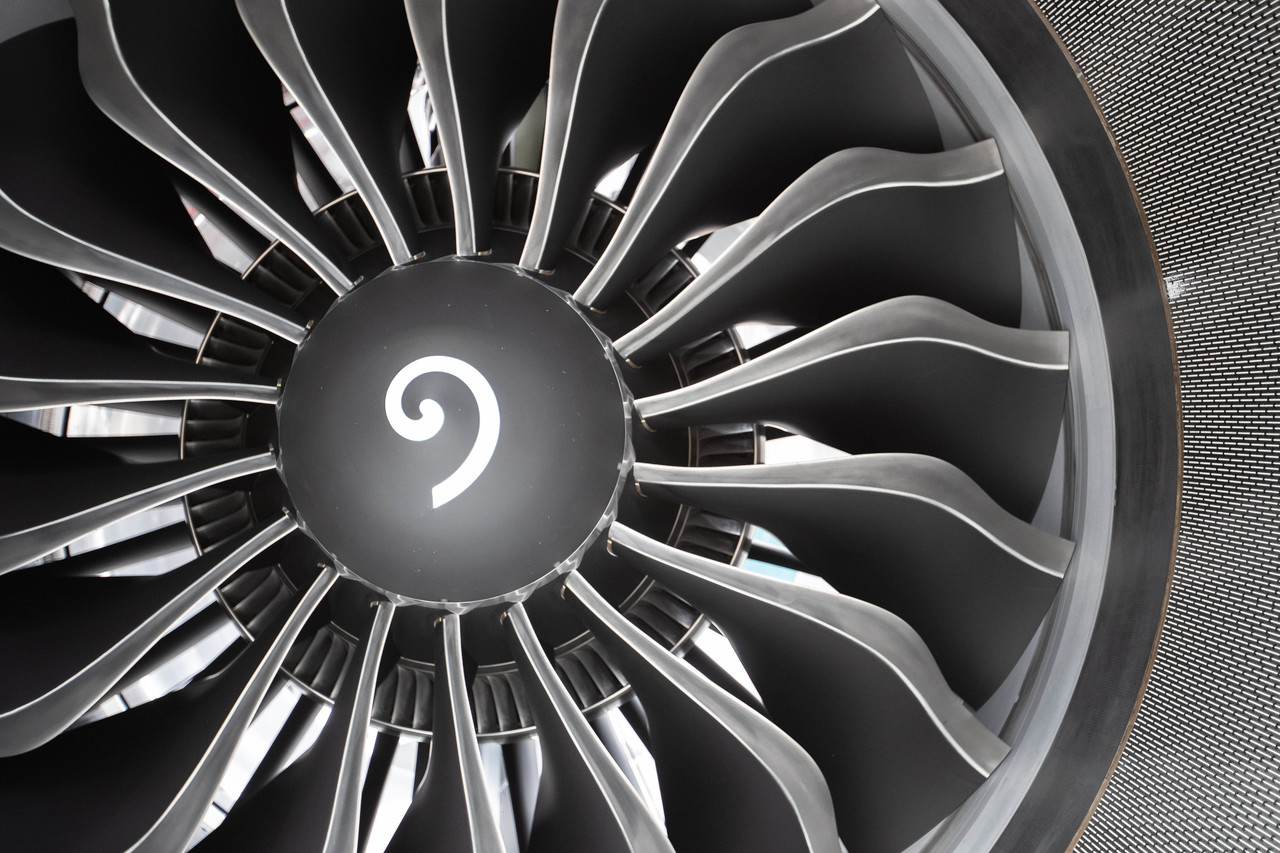
British Airways has been quick to follow the lead of European rival Air France by announcing it will carbon offset all domestic flights beginning in January 2020. The carrier currently operates around 75 flights between London and several destinations across the UK including Newcastle (399 miles apart), Leeds (272 miles apart), and even Manchester (just 262 miles apart).
In total, the new scheme will offset approximately 400,000 tones of carbon every year.
“British Airways is determined to play its part in reducing aviation’s CO2 emissions,” explained the airline’s chief executive, Alex Cruz. “To solve such a multi-faceted issue requires a multi-faceted response and this initiative further demonstrates our commitment to a sustainable future,” he continued.

Today’s announcement follows a much larger pledge by BA’s parent company to achieve net-zero carbon emissions by 2050 – becoming the first airline group in the world to make such a bold promise.
International Consolidated Airlines Group (IAG), which also owns Iberia, Aer Lingus and Spanish low-cost carrier’s Vueling and LEVEL, says it is investing $400 million to develop new sustainable aviation fuel over the next 20-years. A key part of this plan is a joint project between British Airways and waste management company Velocys.
The project to create Europe’s first household waste plant capable of producing aviation jet fuel is set to start operating from 2024. The fuel created at this plant will produce 70 per cent less CO2 emissions than standard fossil fuel and waste from international flights that have to be incinerated by law will also be sent to the Velocys plant.
In addition, IAG points to its order book of new aircraft worth $27 billion at list prices which are on average 25 per cent more fuel-efficient than the older planes they produce. Gas guzzlers like BA’s ageing fleet of Boeing 747’s won’t be completely phased out until 2023, although they are being slowly replaced by brand new Airbus A350’s – the most fuel efficient long-haul aircraft currently available.

Last week, Air France announced it would start offsetting carbon emissions on all 450 of its domestic flights it operates per day. Air France also hopes to reduce CO2 emissions per passenger by 50 per cent within the next 10-years.
Other European airlines, such have Dutch flag-carrier KLM have said they want to replace as many domestic flights with rail services “as long as trains fully match the speed, reliability and comfort that air travel offers passengers”. From next March, KLM will axe one of its five daily flights between Amsterdam and Brussels in favour of a high-speed train service.
While KLM says it is aiming to make the flying more sustainable, it also hopes to shift short-haul flights to the railways so that it can open up more long-haul services from its slot-restricted hub at Amsterdam Schipol.
Earlier this year, Ryanair was dubbed “Europe’s new coal” after becoming the first non-coal company to join Europe’s top 10 carbon emitters. The airline strenuously denied the claims and says it is also Europe’s “cleanest and greenest” airline. Ryanair says its use of new fuel-efficient aircraft in a one-class configuration means its average CO2 emissions per passenger are half that of Europe’s legacy carriers.
Related
Mateusz Maszczynski honed his skills as an international flight attendant at the most prominent airline in the Middle East and has been flying ever since... most recently for a well known European airline. Matt is passionate about the aviation industry and has become an expert in passenger experience and human-centric stories. Always keeping an ear close to the ground, Matt's industry insights, analysis and news coverage is frequently relied upon by some of the biggest names in journalism.







